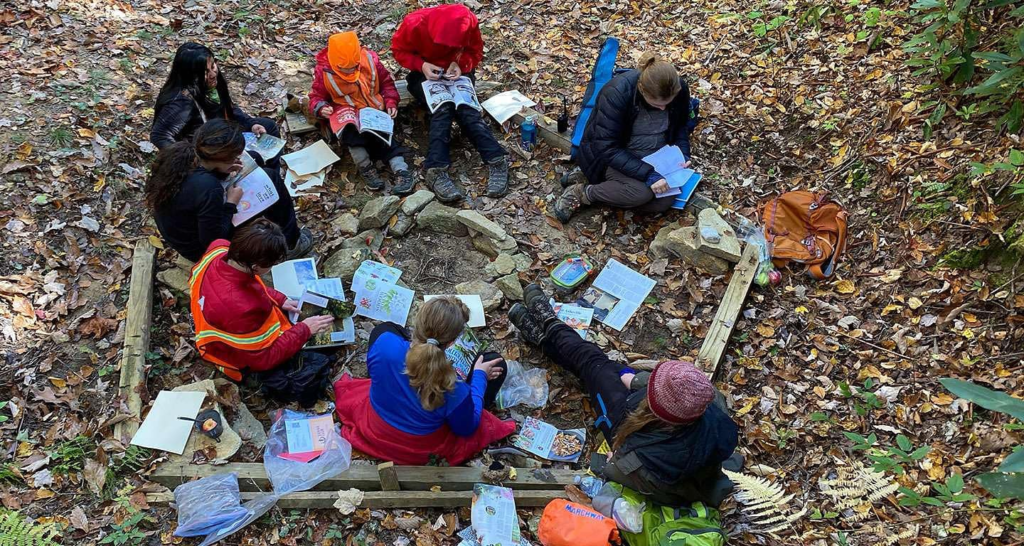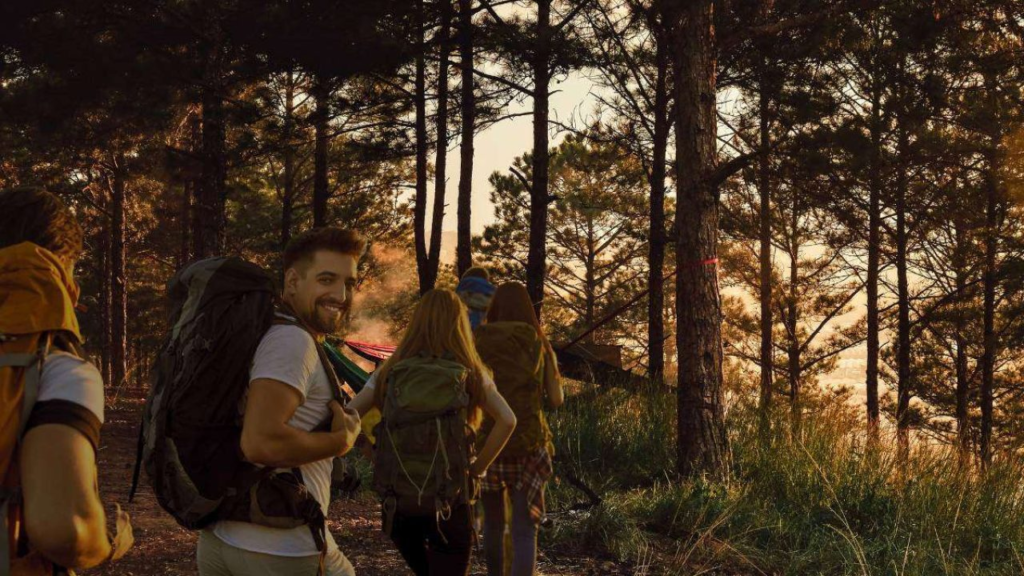The Trails Carolina program has garnered significant attention recently, leading to a comprehensive investigation that has unveiled numerous layers to its operation. This in-depth analysis seeks to shed light on the intricacies and controversies surrounding this wilderness therapy program, offering a balanced perspective on its methodologies, outcomes, and challenges.

Introduction to Trails Carolina
Trails Carolina, a wilderness therapy program located in the serene landscapes of North Carolina, has been a topic of intense scrutiny and debate. Established to aid adolescents and young adults struggling with emotional, behavioral, and mental health issues, the program utilizes the therapeutic power of nature combined with clinical interventions. However, recent allegations and reports have prompted a thorough investigation into its practices, raising questions about the effectiveness and ethics of such wilderness therapy programs.
The Concept and Philosophy Behind Wilderness Therapy
Wilderness therapy, as a concept, is not new. It’s based on the premise that removing individuals from their regular, often problematic environments and placing them in nature can yield significant psychological and behavioral benefits. This form of therapy emphasizes survival skills, self-reliance, and personal responsibility, all within a structured therapeutic framework. Like many other such programs, Trails Carolina claims to use these principles to help participants overcome their challenges and develop healthier coping mechanisms.
Allegations and Concerns: The Crux of the Investigation
The Trails Carolina investigation was primarily triggered by allegations made by former participants and their families. These allegations ranged from misconduct and negligence to the ineffectiveness of therapeutic interventions. Concerns were also raised about the safety and well-being of the participants, particularly in terms of physical health and emotional support. The gravity of these allegations necessitated a thorough and unbiased examination of the program’s practices and outcomes.
Methodology of the Investigation
The investigation into Trails Carolina was multifaceted, involving interviews with former participants, parents, and staff members and reviewing the program’s policies, treatment methods, and safety protocols. Additionally, experts in adolescent psychology, wilderness therapy, and legal professionals were consulted to objectively assess the program’s practices and their compliance with ethical and legal standards.

Findings on Therapeutic Practices and Effectiveness
One of the primary areas of focus was the therapeutic effectiveness of Trails Carolina. The investigation revealed a complex picture. Many participants reported significant positive changes in their behavior and mindset, attributing these changes to the unique combination of wilderness living, therapy sessions, and a supportive community. Conversely, some participants felt that the program did not adequately address their individual needs, citing a one-size-fits-all approach to treatment that failed to consider their specific circumstances and challenges.
Safety and Well-Being of Participants
Safety is a paramount concern in any therapy program, especially involving the rigors of wilderness living. The investigation into Trails Carolina showed that while there were stringent safety protocols in place, there had been instances where these were not followed rigorously. These lapses in protocol sometimes led to accidents and adverse incidents, contributing to the negative perceptions of the program. However, it was also noted that most participants completed the program without serious physical harm.
Staff Training and Qualifications
A critical aspect of any therapeutic program is the competence and training of its staff. The investigation found that Trails Carolina employed a mix of experienced and less experienced staff members. While many were well-qualified and trained in wilderness therapy, there were concerns about the consistency of staff training and experience, particularly in handling complex psychological issues and emergencies.

Parental Involvement and Post-Program Support
An exciting investigation finding was the varying levels of parental involvement in the program. Like many wilderness therapy programs, Trails Carolina operates on a model that limits direct parental interaction during the program. This approach is designed to foster independence and personal growth in participants. However, some parents felt excluded and raised concerns about the lack of regular updates and involvement in their child’s therapeutic process.
Legal and Ethical Considerations
The legal and ethical implications of the Trails Carolina program were also scrutinized. Questions were raised about the consent process, especially for minors, and whether participants were fully aware of the nature and challenges of the program before enrollment. Ethically, the investigation explored whether the balance between therapeutic benefit and potential risk was appropriately managed and whether the program’s practialigned with current best practices in adolescent therapy.
Community and Expert Perspectives
Community and expert opinions on Trails Carolina were divided. Some experts in wilderness therapy lauded the program for its innovative approach and potential to transform lives. Others were critical, arguing that the risks and unorthodox methods outweighed the potential benefits. Community feedback also reflected this divide, with some local voices strongly supporting the program and others expressing concern and skepticism.
Conclusion and Recommendations
The Trails Carolina investigation presents a multifaceted view of the program, highlighting its potential benefits and the areas where improvements are necessary. It underscores the importance of rigorous safety protocols, individualized therapeutic approaches, transparent communication with families, and continual staff training. For the field of wilderness therapy to advance and gain broader acceptance, programs like Trails Carolina must address these challenges head-on, ensuring that they operate effectively, ethically, and safely.

While Trails Carolina has shown the capacity to impact the lives of many of its participants positively, the investigation makes it clear that significant areas require attention and improvement. The future of the program and wilderness therapy as a whole depends on a commitment to addressing these concerns, prioritizing the welfare of participants, and continually evolving to meet the highest standards of care and effectiveness.


